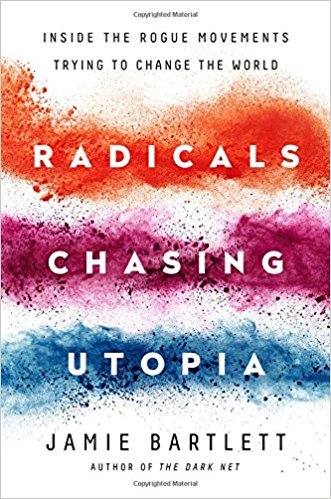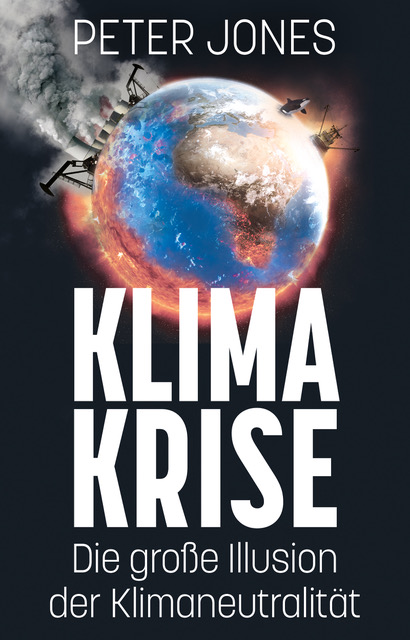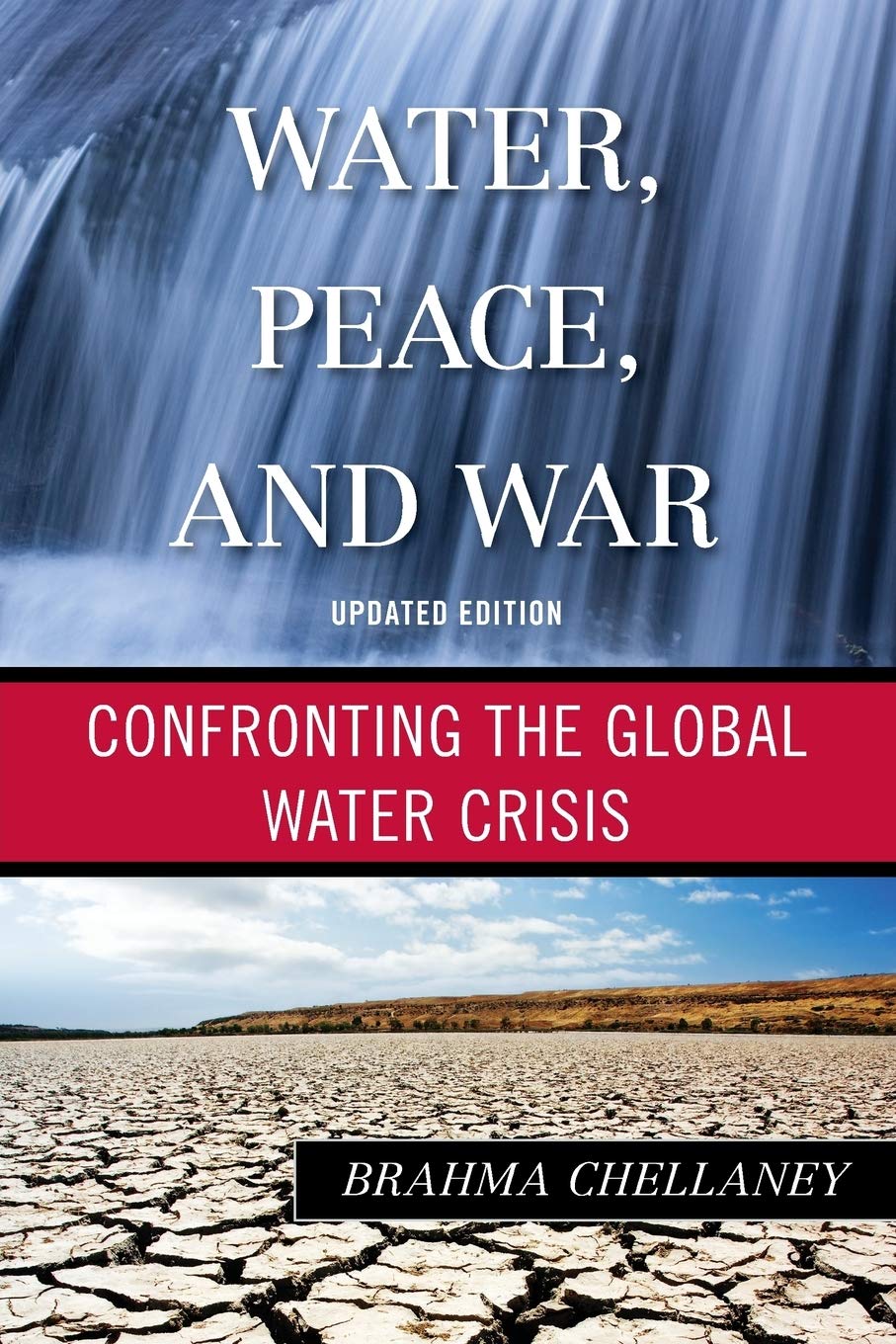- Kategorie: News
Bioplastik löst keine Abfallprobleme
Deutsche Umwelthilfe fordert Vermeidung und Mehrwegsysteme statt Greenwashing durch Biokunststoffe
Berlin (ots) - Verpackungsmüll wird nicht umweltverträglich, weil er aus Biokunststoff besteht - Derzeit keine gesamtökologischen Vorteile von Biokunststoffen gegenüber solchen aus fossilem Rohöl - Hersteller und Händler sollten anstelle von Bioplastik auf Mehrweg setzen - DUH veröffentlicht Infopapier zu Mythen und Fakten über Bioplastik
Die Begriffe "Bioplastik" und "biologisch abbaubar" kennzeichnen inzwischen eine Vielzahl von Verpackungen und Produkten und sollen einen besonders umweltfreundlichen Eindruck erwecken. Doch nicht alles was sich "grün" gibt, ist auch "grün". Immer größer werdende Mengen kurzlebiger und ressourcenvergeudender Wegwerfverpackungen sollen durch den Einsatz von Biokunststoffen legitimiert werden. Vorhandene Ökobilanzen können jedoch bislang keine gesamtökologischen Vorteile von Biokunststoffen im Vergleich zu Plastik aus fossilem Rohöl belegen. Dies entspricht auch der Einschätzung des Umweltbundesamtes und anderer europäischer Umweltagenturen. Die Deutsche Umwelthilfe (DUH) fordert deshalb ein Ende des Greenwashings von Wegwerfverpackungen aus Bioplastik. Stattdessen sollten Maßnahmen zur Abfallvermeidung umgesetzt und ressourcenschonende Mehrwegsysteme gefördert werden. Über die Umweltauswirkungen und Mythen zu Bioplastik hat die DUH ein aktuelles Infopapier veröffentlicht: http://l.duh.de/p170926.



 (Der Freitag - Annika Joeres) Die Landwirtschaft ist der drittgrößte Verursacher klimaschädlicher Emissionen in Deutschland. Es gibt also Handlungsbedarf – und eine starke Lobby, die etwas dagegen hat.
(Der Freitag - Annika Joeres) Die Landwirtschaft ist der drittgrößte Verursacher klimaschädlicher Emissionen in Deutschland. Es gibt also Handlungsbedarf – und eine starke Lobby, die etwas dagegen hat.  "It's the hubris of every generation to think that they have arrived at the best way of living. But all the things we now take for granted, all the modern wisdoms we hold to be self-evident, were once derided as dangerous or foolish radical thinking."-From the Prologue
"It's the hubris of every generation to think that they have arrived at the best way of living. But all the things we now take for granted, all the modern wisdoms we hold to be self-evident, were once derided as dangerous or foolish radical thinking."-From the Prologue




